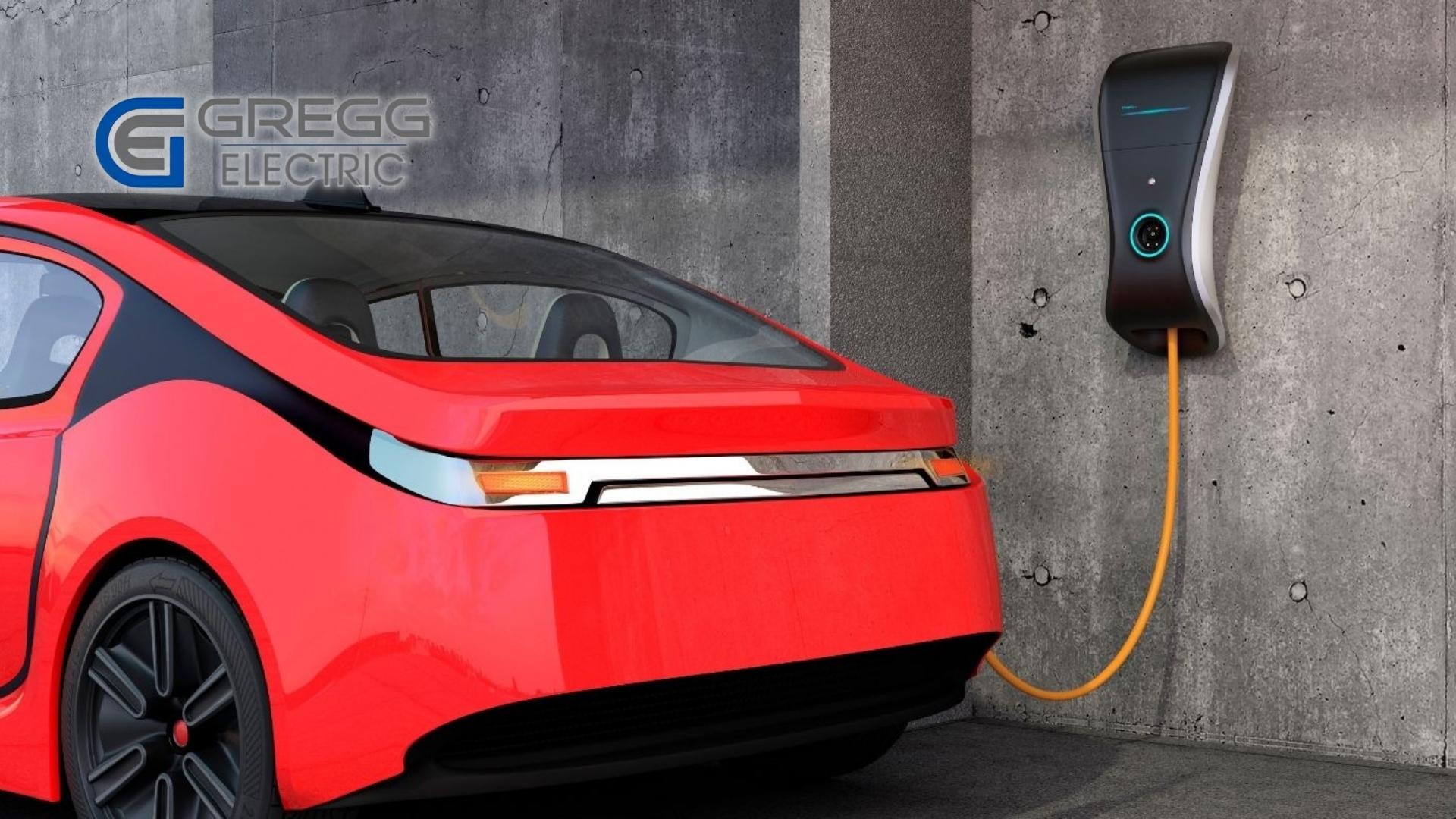Table of Contents
As electric vehicles (EVs) grow increasingly prevalent, most charging will occur at home. Even though charging at home is convenient, the notion is novel and unique for the time being. This blog will address some commonly asked questions regarding levels of charging at home, explain what you’ll need to get started, and go into cost and convenience-influencing issues.
Electric Vehicle (EV) Home Charging Station Levels
Level 1, Level 2, and Level 3 are the three levels of EV charging you can utilize to power your car. The higher the charging Level, the greater the power output, and the quicker your vehicle will be charged.
Level 1 Charging
Level 1 charging includes connecting your electric vehicle to a standard home outlet. This is the slowest technique to charge an electric car since the charger can only pull a tiny amount of electricity. However, charging an electric vehicle this way is also the most convenient and cost-effective method since no extra infrastructure is required at home, and the cable frequently comes with the vehicle.
As the maximum power of a Level 1 charger is 2.3kW, one hour of charging will offer a range of around 4-5 miles. To illustrate this, a compact passenger vehicle with a battery capacity of 40 kilowatt-hours (kWh) would need around 20 hours to charge at this level completely.
Depending on the usual amount you travel, Level 1 charging may be sufficient. This implies it will take between 10 and 12.5 hours to completely charge your car if you travel 80 kilometers each day. However, since Level 1 charging stations have restricted charging capacities and are not always as secure as you would want, most EV owners choose Level 2 charging stations.
Level 2 Charging
Level 2 (residential or AC charging) is the next generation of EV charging; it’s quicker, smarter, safer, and more cost-effective than Level 1 charging. These may be found in residences, apartment buildings, public areas, commercial parking lots and workplaces.
Level 2 charging stations can deliver between 3.7 kW and 22 kW of electricity to an electric car at a minimum. A Level 2 charging station can completely charge a 75 kW battery-equipped Tesla Model S in around 3 hours and 40 minutes at 22 kW.
Even though they must be professionally installed in your house, Level 2 charging stations are perfect since they usually do not need expensive grid changes; instead, they connect to your home’s energy supply using either 1-phase or 3-phase connections.
Level 3 Charging
Level 3 (DC fast charging), is the quickest method for recharging an electric car. A Level 3 charging station can charge an electric vehicle between 50 kWh and 250 kWh. This charging station demands substantial space and costs around 50 times more than a Level 2 charging station. Consequently, there are no Level 3 charging stations in residential situations.
5 Tips To Reduce Home Charging Costs
Here are 5 ways to reduce the expenses of charging your electric vehicle at home:
- Ensure the charging station supports scheduled charging; this allows you to charge your electric vehicle during off-peak hours when the cost is the lowest.
- Observe your charging session insight: by analyzing your charging patterns, you can acquire an idea of power consumption and prices to model your charging plan appropriately.
- Consider using a renewable energy source and profiting from energy production. By connecting your charging station to a renewable energy source (such as solar panels), you may generate your own power and decrease your dependency on the grid.
- Charging more than one electric vehicle? Then you should seek a charging station that has load balancing. By dividing electricity across multiple EVs while charging, load balancing optimizes the power output to provide smart, safe and equally distributed charging.
- Request reimbursement from your employer for billing fees. There is a possibility that your company will contribute to your monthly transportation expenditures.
Before purchasing a home charging station, it’s essential to determine which qualities meet your demands and if the station you’re considering offers them.
Want to learn more about home charging stations in Vancouver? Visit Gregg Electric online or call us in Abbotsford at (604) 557-4734 to find out more.




